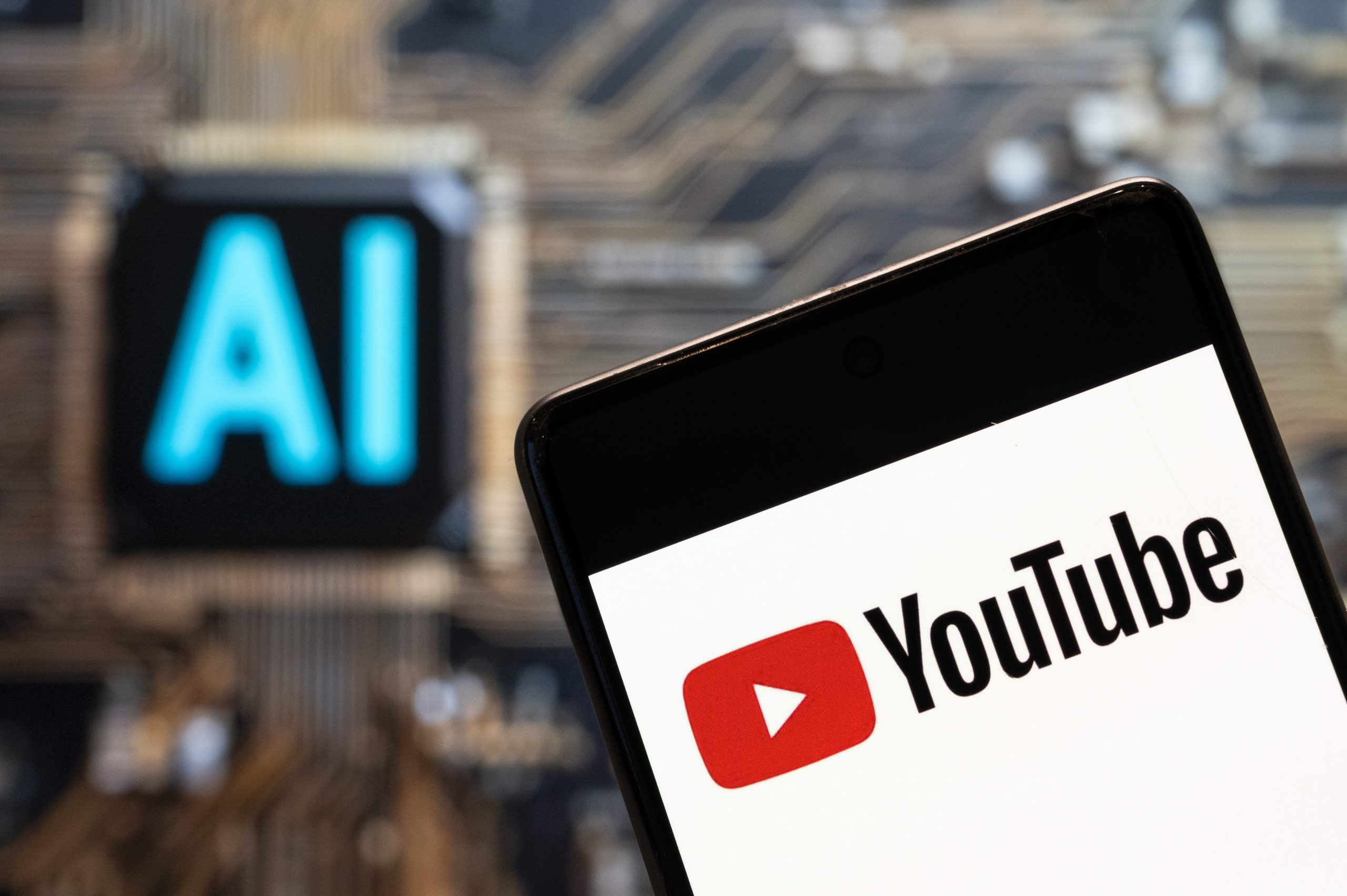YouTube is rolling out new rules for AI content, including a requirement that creators reveal whether they’ve used generative artificial intelligence to make realistic looking videos.
In a blog post Tuesday outlining a number of AI-related policy updates, YouTube said creators that don’t disclose whether they’ve used AI tools to make “altered or synthetic” videos face penalties including having their content removed or suspension from the platform’s revenue sharing program.
[time-brightcove not-tgx=”true”]
“Generative AI has the potential to unlock creativity on YouTube and transform the experience for viewers and creators on our platform,” Jennifer Flannery O’Connor and Emily Moxley, vice presidents for product management, wrote in the blog post. “But just as important, these opportunities must be balanced with our responsibility to protect the YouTube community.”
The restrictions expand on rules that YouTube’s parent company, Google, unveiled in September requiring that political ads on YouTube and other Google platforms using artificial intelligence come with a prominent warning label.
Under the latest changes, which will take effect by next year, YouTubers will get new options to indicate whether they’re posting AI-generated video that, for example, realistically depict an event that never happened or show someone saying or doing something they didn’t actually do.
“This is especially important in cases where the content discusses sensitive topics, such as elections, ongoing conflicts and public health crises, or public officials,” O’Connor and Moxley said.
Viewers will be alerted to altered videos with labels, including prominent ones on the YouTube video player for sensitive topics.
The platform is also deploying AI to root out content that breaks its rules, and the company said the technology has helped detect “novel forms of abuse” more quickly.
YouTube’s privacy complaint process will be updated to allow requests for the removal of an AI-generated video that simulates an identifiable person, including their face or voice.
YouTube music partners such as record labels or distributors will be able to request the takedown of AI-generated music content “that mimics an artist’s unique singing or rapping voice.”

